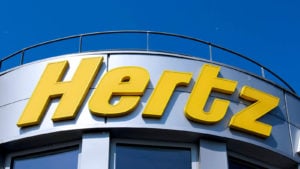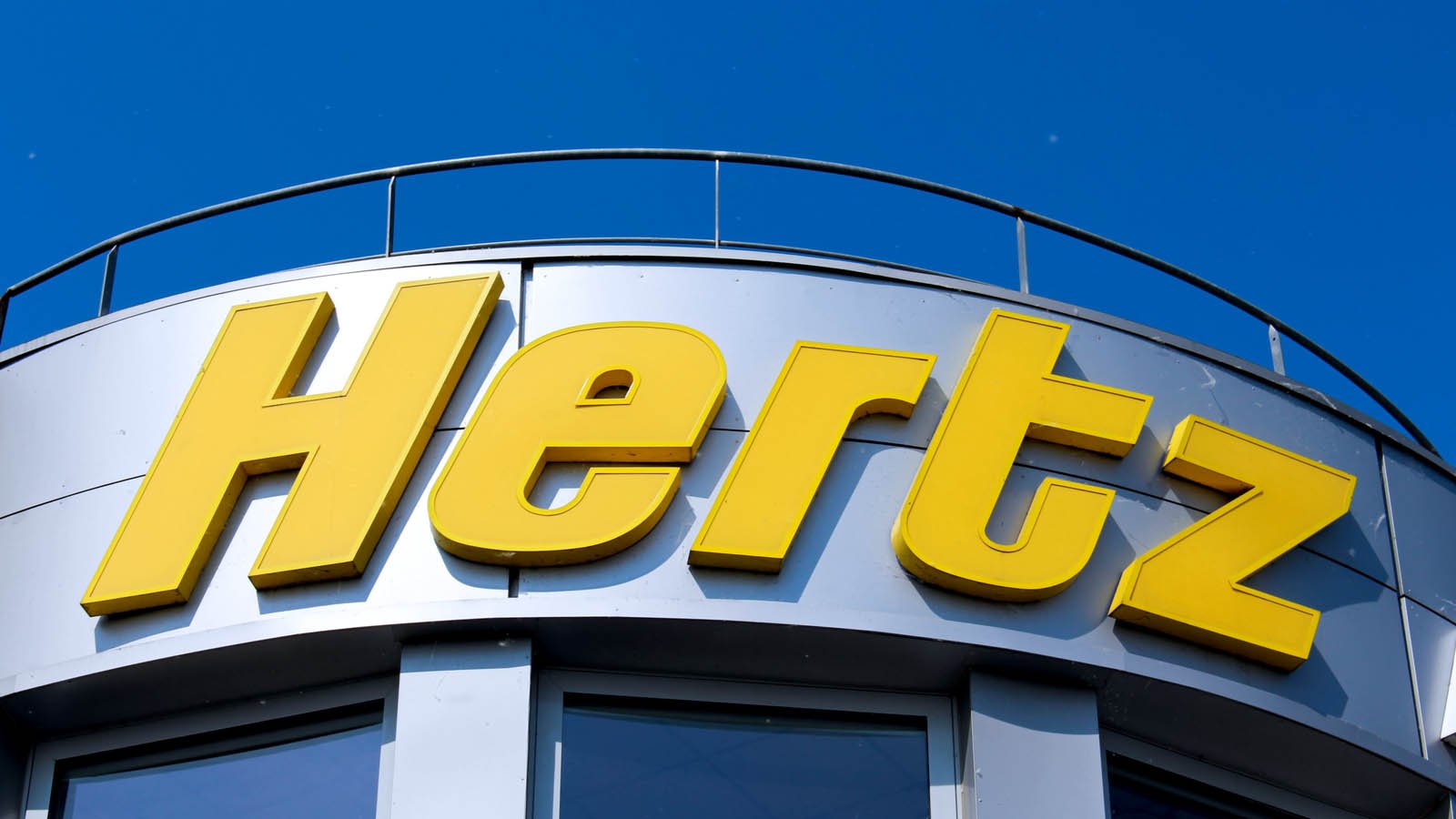Although the new normal created some amazing trades this year, you can’t defy fundamental realities forever. That’s really the defining takeaway when you look at Hertz Global (OTCMKTS:HTZGQ).

Even before the pandemic, Hertz stock has been a frustrating investment at best over the past few years. Now, with so much geopolitical and economic uncertainly, it’s best to leave HTZGQ where it belongs: in the trash.
Earlier in October, I said Hertz stock was a good pick if you were deadset on losing money. And sure enough, HTZGQ steadily ticked lower.
But then,around mid-October, shares skyrocketed. Out of nowhere, Hertz found itself trading hands at $2.50. Could there be another rally to play?
In a word, no. While the rental car giant jumped on a financing deal, I mentioned near the end of last month that investors were still buying into a bankrupt organization. Admittedly, I mentioned that “Equity holders — on occasion — can get some value in a reorganized company.”
But with Hertz stock, reorganization amounts to rearranging deck chairs on the Titanic. I suppose it’s good for optics that the suits are doing something. But engaging in an action and having that action be meaningful are two completely different things.
Further, I believe it’s telling that no major investor is taking advantage of this so-called opportunity. Previously, I said the following:
“But I don’t think that’s been the thesis behind the moves in HTZ since its filing. After all, if there was real value in the equity, Carl Icahn likely would know about it.
Icahn is one of the most legendary investors of all time, and was Hertz’s biggest shareholder as recently as May. But following the Chapter 11 filing, Icahn exited his entire stake below $1, taking a nearly $1.6 billion loss in the process.”
But if you’re still unconvinced that Hertz stock is a sell because Robinhood traders seem to love placing wagers on it, I’ve got news for you: this narrative is also busted.
Speculative Trading May End for Hertz Stock
Part of the appeal for Hertz stock is that just before the pandemic disrupted our economy, shares had soared to above $20. From where we stand now, that represents more than 23-fold increase in price. A 20-plus-bagger would put a big smile on any face.
Adding to the speculative proposition, HTZGQ enjoyed some wild trading that made gamblers “paper” rich, assuming many didn’t have the good sense to sell into irrational strength. Having witnessed the real possibility of intense profitability over a short period of time, Hertz stock essentially is a digital casino: keep putting in your quarters and eventually, you’ll hit the jackpot.
Except that’s not how retail investors should approach this or any investment, speculative or otherwise. Take a lesson from the many people that have been burned utilizing this irrational methodology. More likely than not, you’re going to lose out.
Essentially, HTZGQ is a collective lesson in risk avoidance. Boxing legend Mike Tyson once stated, “Everybody has a plan until they get punched in the mouth.” And that’s what Hertz stock is right now — speculators trying to capture glory before an uppercut knocks their portfolio into another dimension.
I’ll freely concede that Robinhood traders have had a massive impact on the investment community. As the Wall Street Journal detailed, with the lockdowns associated with the pandemic response, millions of Americans found themselves at home with much free time. Many found stock trading as a respite from the boredom.
This created a self-fulfilling prophecy at first, with millions rushing into the stock market, bolstering many companies. But as the fundamentals gradually overtake hype, those who felt they were market gurus suddenly started losing money.
That’s particularly true for those gambling on risky ideas like Hertz stock. Over time, holding onto the name has only resulted in death by a thousand cuts. Eventually, these newbie traders will lose patience and drop out for good.
No Good News on the Horizon
As if the momentum dying off wasn’t enough of a headwind, Hertz was only recently delisted from the New York Stock Exchange. That really should have come sooner, seeing as how the company had no viable plan to move forward and was completely at the mercy of the transportation economy recovering quickly.
And I certainly believe that transportation will come back, making some airliners an interesting proposition. But the airline industry is the first in line to benefit from increased travel. On the other hand, Hertz is largely secondary, competing with ride-sharing companies as a derivative play on air travel.
When you’re in a troublesome environment like this, being a derivative play is not a good thing. In other words, there’s nothing positive for Hertz stock in either the near or intermediate term. I’ve said it before and I’ll say it again: stay away.
On the date of publication, Matthew McCall did not have (either directly or indirectly) any positions in the securities mentioned in this article.
On the date of publication, neither Matt McCall nor the InvestorPlace Research Staff member primarily responsible for this article held (either directly or indirectly) any positions in the securities mentioned in this article.
